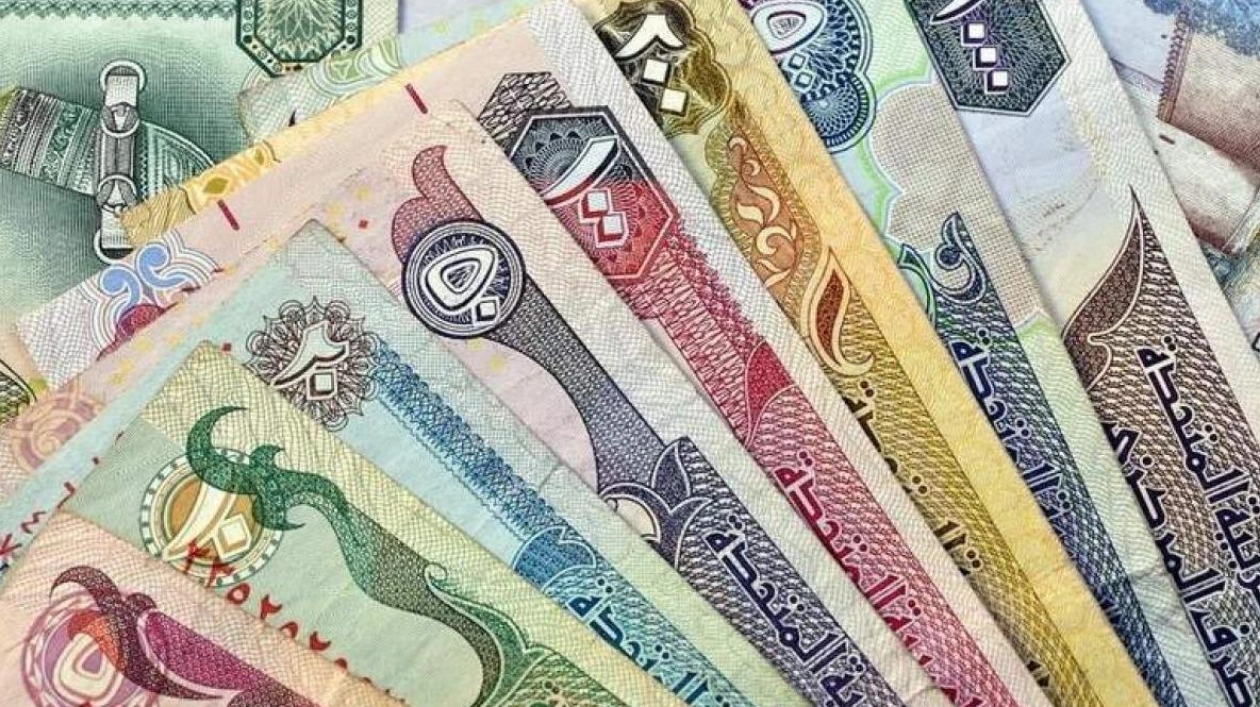Moody's Ratings forecasts that global sukuk issuance will reach between $200 billion and $210 billion this year, surpassing the 2023 total of just under $200 billion, driven by robust sovereign issuance across the GCC and Southeast Asia.
Moody's analysts anticipate that the sukuk market will continue to exhibit substantial growth potential in the coming years, bolstered by the entry of new issuers catering to the escalating demand for sukuk instruments. "We foresee GCC issuance maintaining its strength as the region's governments persist in their strategies to diversify their economies away from oil. GCC issuance in the first half of the year surged 138 percent year-on-year to $69.2 billion," they noted.
Sukuk activity in the UAE doubled to $8.6 billion year-on-year due to increased overall volumes, while the GCC's robust first-half issuance was largely propelled by Saudi Arabia, which accounted for 37 percent of total issuance, and Malaysia, which issued nearly 30 percent of all sukuk in the first half. Issuance from Qatar surged 258 percent to $4.57 billion in the first half, while higher financing needs in Oman and Bahrain also contributed to the rise in issuance.
Issuance is expected to decelerate in the second half of the year to around $80 to $90 billion but will remain robust in GCC countries, as governments continue to pursue economic diversification strategies. Corporate and financial institution issuance will be driven by entities returning to the market after postponing issuance, those seeking to diversify funding sources, and those aiming to issue sustainable sukuk, according to Abdulla AlHammadi, Assistant Vice President, Analyst at Moody's Ratings.
GCC corporate and bank issuance volumes increased to $19.6 billion in the first half of 2024, up from $11.6 billion a year earlier. Corporate issuance rose to $9.6 billion compared to $6.9 billion last year, and is expected to remain strong in the second half of the year. GCC companies dominated early 2024 dollar-denominated corporate sukuk issuance, driven by high demand and market scarcity.
"The pool of investors will continue to expand, thanks to the growing popularity of Islamic products beyond core Islamic markets, the rising demand for green and sustainable sukuk, and the increasing sophistication and diversity of Islamic instruments," said AlHammadi.
Analysts highlight that the heightened demand for sukuk also reflects the growing appeal of the GCC region and increasing investor confidence in the Gulf economies' prospects, coinciding with the maturation of regional debt markets. Green sukuk issuance is expected to accelerate in the coming years, supported by both government and private-sector issuers, as sustainability becomes a pivotal theme in public policy agendas and investors' strategies.






